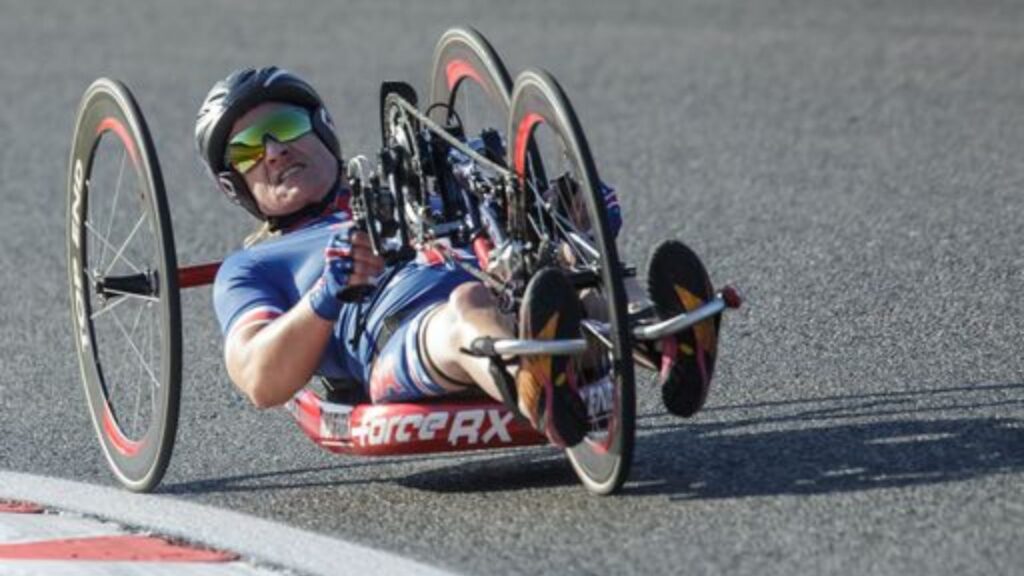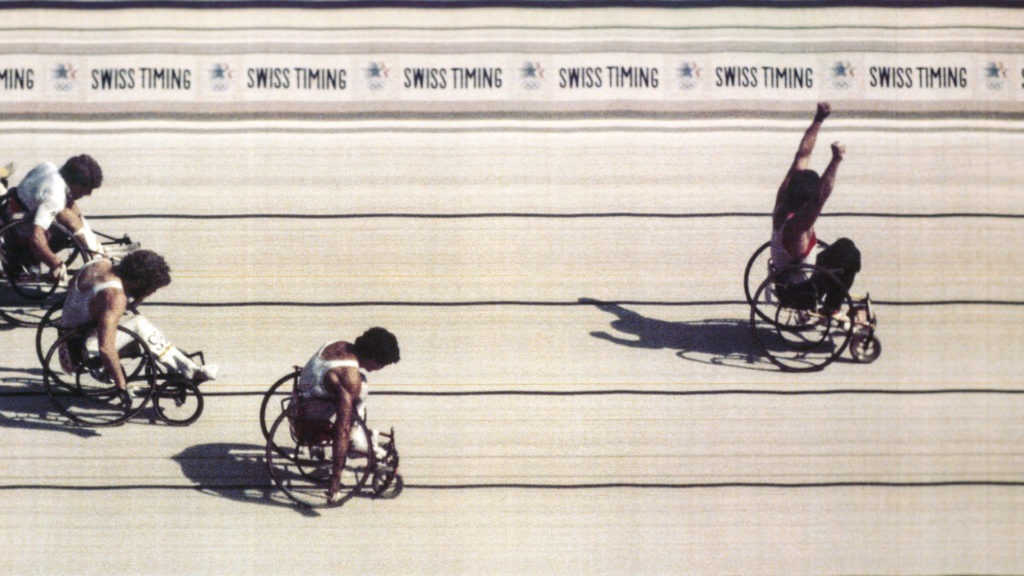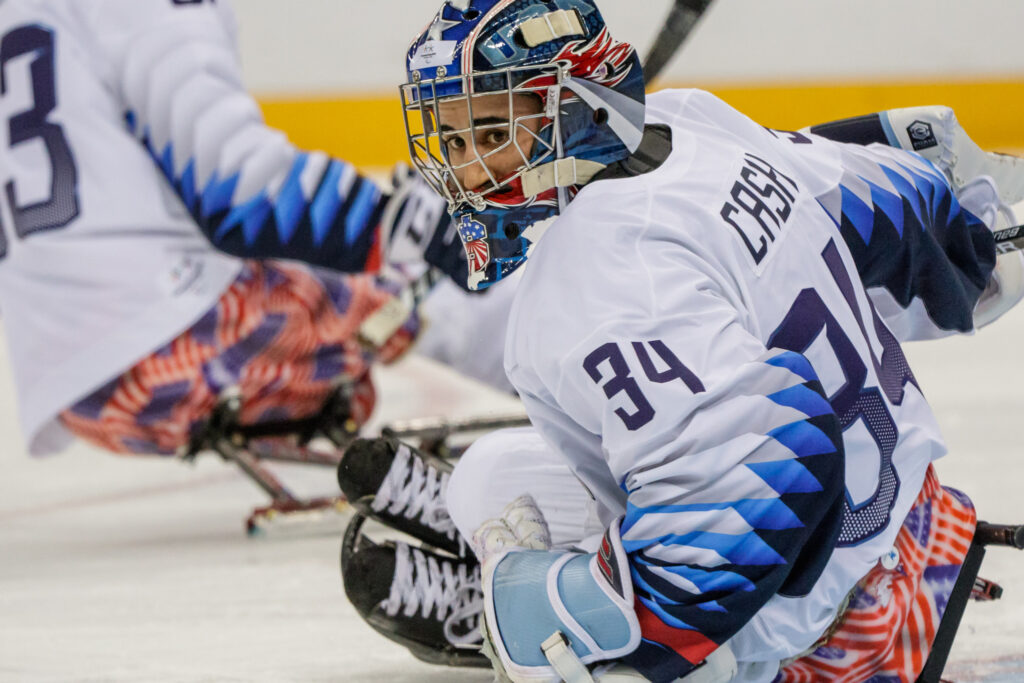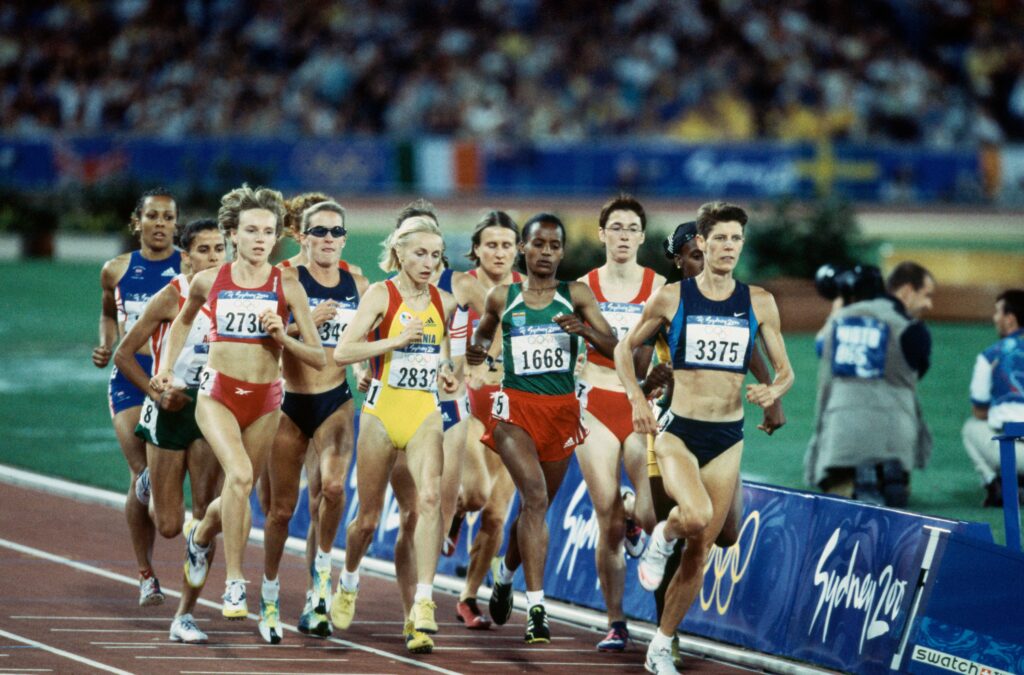Rafer Johnson took the silver medal in the decathlon at the Melbourne 1956 Olympic Games then came back four years later to capture gold at the Rome 1960 Olympic Games in one of the most memorable events in Olympic history.
However, what Johnson did outside of track and field might be even more impressive.
Consider that Johnson also was a starter for the UCLA basketball team and its legendary coach, John Wooden. He was drafted by the Los Angeles Rams of the NFL. Following The Olympics, Johnson became an actor in television shows and movies. In 1968, as a supporter of presidential candidate Bobby Kennedy, Johnson and two others tackled Sirhan Sirhan seconds after he shot and killed Kennedy.
And in 1984, when The Olympics came to Los Angeles, it was Johnson who was bestowed the honor of lighting the Olympic Flame. He also has been a longtime supporter of the Special Olympics.
Yes, Rafer Johnson was a unique individual, whose talents came to the forefront as a high school student, when his track coach took Johnson to see Olympic decathlon gold medalist Bob Mathias compete in the 1952 AAU national championships.
“Sometimes, you have that feeling: ‘This is right,’ ” Johnson said years later. “When I saw Mathias at the decathlon, I thought: ‘You can do this. This is it.’ This was an event where I could be the best that I could be.”
And so it was. Mathias went on to capture a second consecutive gold medal at the Helsinki 1952 Olympic Games and Johnson soon started his own decathlon career. In June 1955, Johnson broke the world record that Mathias had set three years earlier with Johnson watching from the stands.
Johnson was the favorite at the Melbourne 1956 Olympic Games. A knee injury prompted him to withdraw from the individual long jump competition and that was compounded by a pulled stomach muscle that hampered him in the final event of the decathlon, the 1,500-meter run. Johnson had to settle for silver to Milt Campbell.
Johnson missed the 1957 and 1959 track seasons because of injuries, but he bounced back in time for the Rome 1960 Olympic Games, where Johnson became the first Black American to carry the American flag in the Opening Ceremony.
In the decathlon, Johnson’s chief threat was Taiwan’s C.K. Yang, with whom Johnson trained at UCLA. The two were neck and neck throughout the competition, with UCLA track coach Ducky Drake giving both advice as Johnson entered the 1,500 with a slight lead. The running events favored Yang, but Johnson stayed within striking distance and finished one second behind Yang to win the gold medal; the runners leaned on each as they crossed the finish line.












